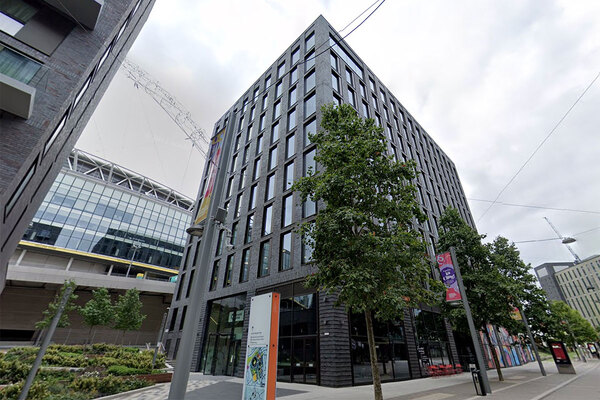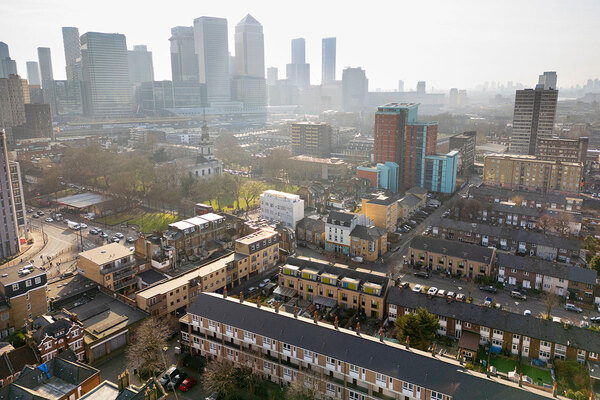Social landlords reflect on Thatcher’s legacy
Former prime minister Margaret Thatcher’s transformative housing legacy has come under fierce scrutiny across the sector in the wake of her death on Monday.
Baroness Thatcher introduced one of her best-known policies, the right to buy, upon election in 1979, enabling millions of council tenants to buy their homes at a discount and become property owners.

The policy resulted in £17.6 billion-worth of council homes being sold to tenants by the time she was ousted in 1990 and has since been reinvigorated by the coalition government.
But sector experts this week said that Baroness Thatcher’s flagship housing policy has been largely responsible for the current supply-side affordable housing crisis.
Abi Davies, assistant director of policy and practice at the Chartered Institute of Housing, said that ‘from a public popularity perspective, it [right to buy] is clearly the best idea anyone has had in 30 years’. But she added that many people subsequently lost out as a result of social homes not being replaced.
According to figures from the CIH’s UK housing review, her government sold 1.34 million council homes across Britain between 1980 and 1990. Over the same period, Baroness Thatcher’s government oversaw 496,120 council house completions across Britain (see graph for drop in council house starts). Overall housing completions fell from 251,820 in 1979 to 202,500 in 1990.
However, Jonathan Glanz, cabinet member for housing at Conservative-led Westminster Council, defended right to buy. ‘Yes, there are instances where former council homes have passed into new ownership [were sold on by tenants who bought homes under right to buy] but that doesn’t mean the benefits evaporated. The homes are still there even if the nature of ownership has changed.’
Ms Davies said that regardless of views on right to buy, Baroness Thatcher’s premiership had been ‘transformative’ to housing.
The introduction of the 1988 Housing Act meant housing associations could access private finance, allowing them to become far more ambitious.
Ms Davies also said Baroness Thatcher’s introduction of assured short-term tenancies coupled with the deregulation of the banking sector allowed the buy-to-let market to boom, fuelling the growth of the private rented sector.
What the sector thinks: Margaret Thatcher and the right to buy
‘Right to buy did have some positive aspects insofar as it mixed tenures. But I don’t think Mrs Thatcher will be remembered fondly by the sector’.
Darrell Mercer, chief executive, A2 Dominion
‘She was a mix of good and bad. Right to buy was a disaster. But without her, I doubt we would have stock transfers and such large development programmes.’
Brendan Sarsfield, chief executive, Family Mosaic
‘The main legacy of Mrs Thatcher was a belief that the market is the answer to most problems. There has been no greater market failure than in housing.’
John Healey MP, former Labour housing minister









